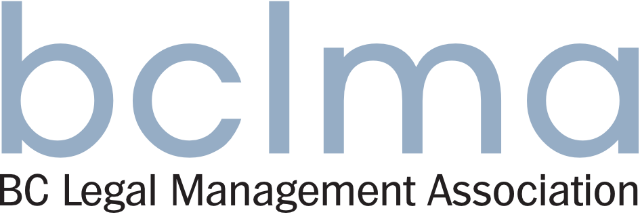By Niki Black | Jan.02.17 | Cloud Computing, Daily Dispatch, Legal Technology
Finally, 2016 has drawn to a close — and what a long, strange trip! Whether politics, entertainment or legal technology, it was an eventful year, to say the least. Fortunately, legal technology was a bit less tumultuous than the political scene. In fact, many of the themes that emerged throughout the year were downright predictable — if you knew what to look for.
2016 in the Rearview Mirror
Legal technology experts are often able to use their experience to offer insight into the future. That’s why, at the end of 2015, I asked a number of experts in the legal technology space to share their thoughts on the practice management and tech trends that solo and small firm attorneys could expect in 2016. Their predictions were included in this infographic and, not surprisingly, many of them came to fruition.
As predicted, lawyers increasingly took advantage of the flexibility and convenience offered by mobile and cloud computing. The ability to accept online payments through practice management platforms became far more commonplace in law offices in 2016, as did web-based portals to securely communicate and collaborate with other lawyers and clients.
Another trend experts accurately predicted was the rise of data analytics. What began as an e-discovery trend a few years ago expanded into other aspects of law practice in 2016. New software products emerged that use data analytics to mechanize legal analysis and assist in creating contracts and other legal documents.
How Will Lawyers Use Technology in 2017?
Undoubtedly, these trends will continue into 2017 as tools that rely on mobile and cloud computing, data analytics and machine learning will become increasingly prevalent and used by lawyers. As these cutting-edge technologies become more commonplace in the legal industry, lawyers will have more ways than ever before to streamline and improve day-to-day work processes.
Technology will continue to shape and change the legal landscape, making it easier for lawyers to be more mobile, collaborative and responsive.
- Security. Collaborating in a secure online environment will become increasingly more desirable as email hacks increase. Lawyers will seek more secure alternatives, with online communications portals viewed as one of the most viable and affordable options for securely sharing and communicating with clients.
- Cloud collaboration. More lawyers will move to the cloud in 2017, with litigators leading the way. The use of cloud-based legal practice management software to efficiently and affordably run law practices will increase, as will the use of software designed to facilitate collaboration between litigation teams. Using litigation case management software, teams of lawyers will collaborate and share notes about case-related evidence and documents in secure web-based platforms, reducing redundancies and inefficiencies in the litigation preparation process.
- AI. Advances in artificial intelligence that reduce repetitive day-to-day tasks will increase exponentially in 2017. AI software grounded in machine learning and advanced analytics will impact many areas of practice by reducing the amount of rote work typically performed by lawyers. Many new products will be released to assist lawyers with a vast array of functions. Technology tools will be designed to take advantage of AI to streamline timekeeping, contract review, due diligence analysis, legal analytics for litigation and more. While some lawyers will view AI software as a threat, most will realize that these tools are a welcome change. Rather than replacing lawyers, AI software will instead remove some of the drudgery from lawyers’ lives, allowing them to focus on higher-level analytical thinking and their clients’ needs.
In 2017 emerging legal technologies will simplify lawyers’ daily lives and improve client service in the process. That’s exactly what legal technology should do.
The year ahead holds great promise for lawyers who embrace new technologies.
